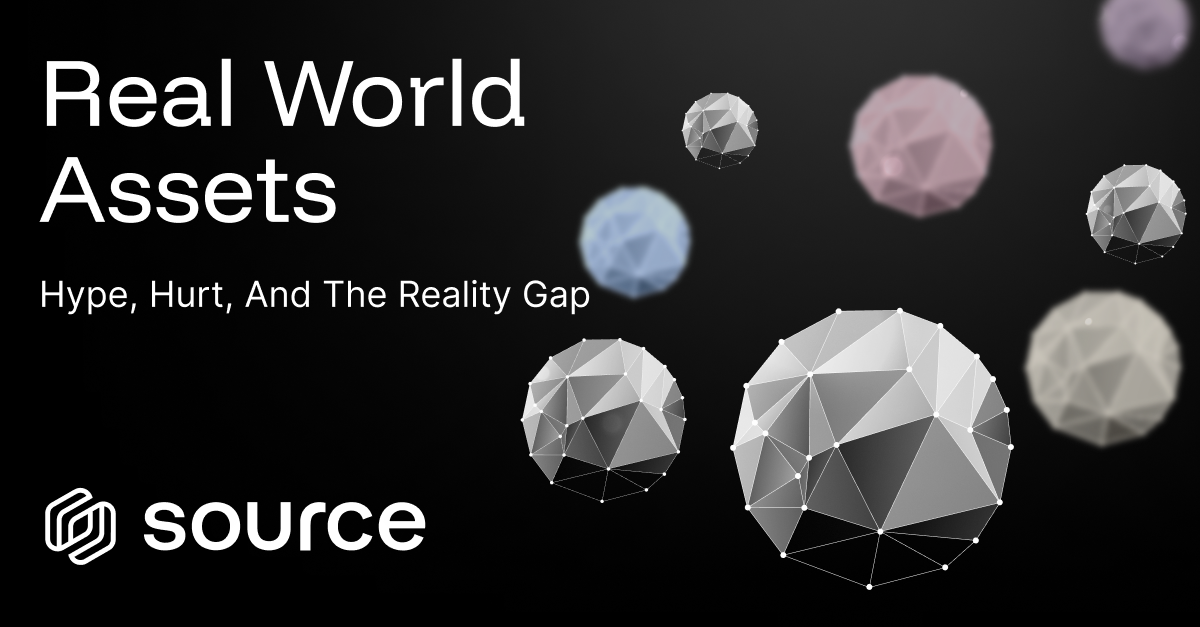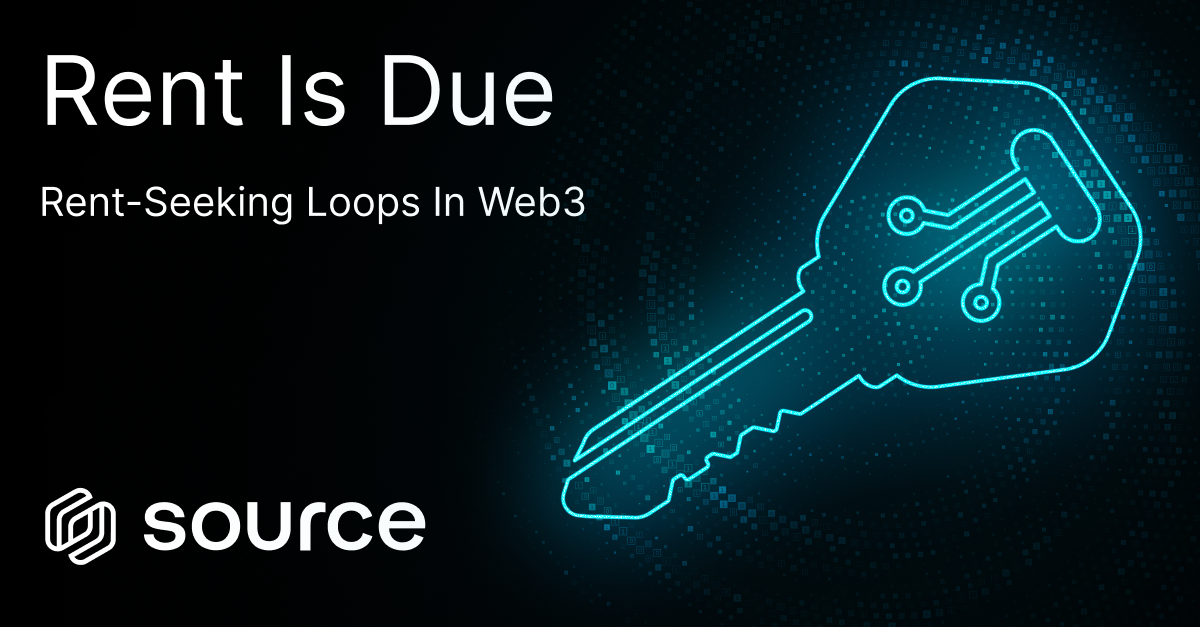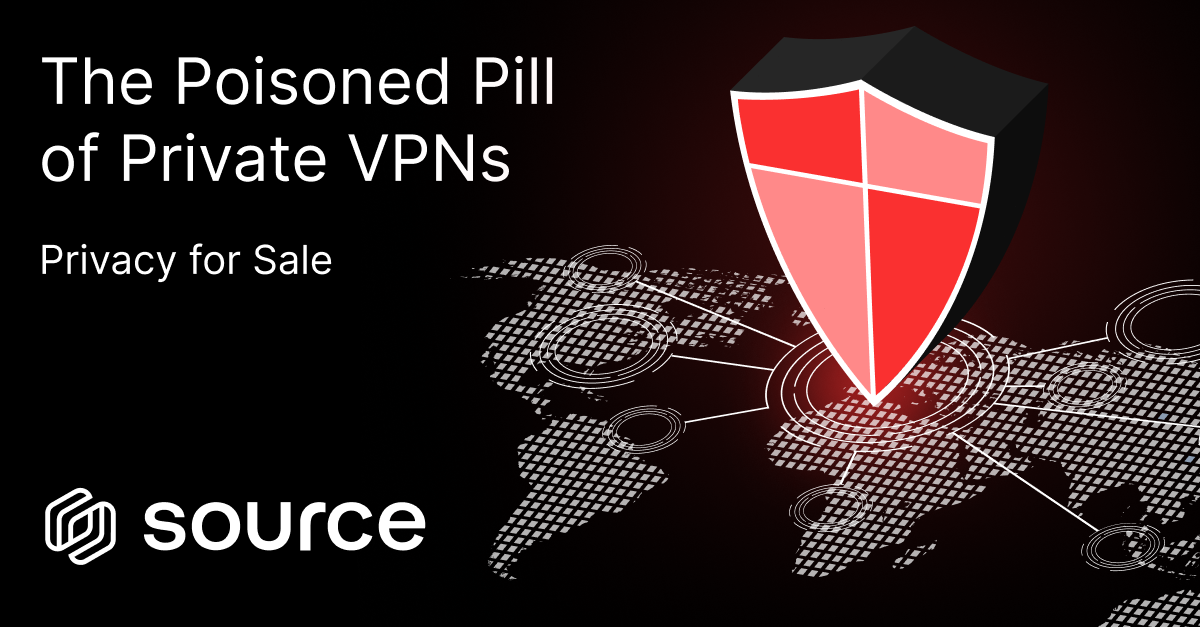Crypto has cycled through use-case propositions since its inception. Store of value, off-grid barter cash, decentralized finance, supply chain accounting, digital ownership, virtual art. Anything to compound its meteoric rise in value and to keep expanding the horizons of tokens so that those sweet lines keep going up. The latest and greatest use-case being trumpeted by every crypto influencer longing for a new DeFi summer is Real World Assets (RWAs). The idea that we shouldn’t just tokenize some things - but everything.
What Are RWAs?
RWAs have become massively in vogue ever since institutions entered at scale and en masse into the crypto financial market. The regulatory greenlight and subsequent deployment of Bitcoin and Ethereum ETFs have seen huge capital inflows into crypto’s bluechip currencies, and a greater belief that our once-niche asset market is now fully mainstream. Not just new money for the next generation, but savings for grandma. If this type of integration into ‘TradFi’ is assured, then what else is possible? Why can’t the global financial market live entirely onchain?
This hype is dangerous though. We all want new use cases, but the majority of RWA fanatics are missing the point. And how are the majority of RWA fanatics completely missing the point?
RWAs are the act of tokenizing real world assets like real estate, stock, treasury bills, jewellery, art, and much more onchain - and then using that onchain environment as a substrate for trading activity between those assets. Tokenization also allows you to split large illiquid assets like a house into thousands of smaller ones, letting everyone from financiers to us common folk own shares of something otherwise illiquid through a token, rather than having to acquire the whole asset. There are some amazing benefits to this.
- Liquidity: Selling a house or piece of art for millions of dollars is hard, selling 1/10000th of a house for ten dollars is not. Large, illiquid and difficult to trade assets become far more liquid.
- Accessibility: Anyone can go onchain and trade previously out-of-reach or esoteric assets easily, broadening access to financial markets for all.
- Efficiency: The stock market is expensive to run. Real estate is time-consuming to sell. Legal paperwork and settlement risk add to the cost. Tokenization (supposedly) removes it.
- Transparency: The immutability and transparency of the blockchain makes it easy to know exactly who owns a share of every RWA.
- 24/7 Markets: Blockchain never sleeps, Wall Street does. Open markets make money, closed ones do not. This has long been one of crypto’s advantages.
- Programmability: There is potential for programmability imbued into RWAs that means they can interact with other DeFi primitives like loans, collateral, and yield.
- No Borders: Assets can be traded globally, increasing their value and quickening their price discovery, rather than floundering in restricted markets.
RWAs further cement crypto as the next generation of finance for the denizens of Web3, and augments the belief that onchain environments have the potential to radically alter the global financial economy as we know it - making it faster, fairer, more open and more useful to everyone, not just those with the luxury of institutional access. Crypto is finally overhauling the financial mainstream - and not a minute too soon.
Why RWAs Are Vapour
The problem is, of course, that it’s all complete nonsense. Yes, the benefits conferred by crypto as described above can be applied to anything, but there is a gaping void between that ideal and the reality.
You can’t put “real world assets” on a blockchain anymore than you can put a cup of tea on a blockchain. All you can do is put an IOU for RWAs onchain that then needs to be enforced by the courts. Trading a token for an ownership share of a house does not update the property register that details housing ownership. If a token represents a share of say a company - then that token is a security and needs to be regulated as such. If a token represents a share of a piece of art sold at auction, then how exactly are you planning to claim your share of the sale price? For a global community obsessed with trust, RWA tokens sure feel like you're putting your trust in a lot of people for it to have any value at all.
Tokens that represent real world ownership need to be backed explicitly by contracts that align with property law, security law or commodity law and, if you have that contract - the question then becomes, why do you need the token? Any custodian or centralized third party can simply refuse to honour the ‘token’ you have purchased. And where will you go to settle the dispute? That’s right, the courts. The great thing about Bitcoin is its perceived value is inherent. Crypto ‘utilities’ need a bridge - be it technical or legal - to the mainstream.
Tokenization Isn’t Enough
Tokenization doesn’t solve the trust issue alone, it just reassigns it from the usual intermediaries to a parallel set of intermediaries that do not currently have a legal standing. Even if they were to acquire that legal standing - you still have the same issues of trust. Tokenization of assets like digital art, gaming and coins makes sense as they don’t interact with the ‘real’ world. Tokenizing a house seems like the modern equivalent of selling a bridge built by the Romans. Nothing in the transaction changes the actual reality. It’s just decorative ownership.
Moreover, most blockchains are designed so that those who upkeep nodes are pseudonymous and unknown and can remain so without risk to the chain. Who exactly will the courts subpoena when a token transaction is validated by nodes that contravene legal ownership? This is a major benefit of crypto, but it’s also the problem with RWAs. It’s building a parallel system of representation, a copy of a record someone else maintains. That means it's currently just vapour, in the hopes that somehow it will be recognised by a future imagined crypto integration with the mainstream.
That’s not to say it will never happen - but it certainly hasn’t happened yet.
How RWAs Could Become the Future
So, are RWAs a dead-end? More reckless hype to fool the gullible? A desperate attempt to keep the glorious milk and honey flowing. Or is there hope that crypto-primitives can be applied to our trading of real world assets in a way that improves their liquidity, fungibility and accessibility?
Well, yes. But it requires an important reimagination and recontextualization of what value an onchain token could have. Principally, by focusing on the data such an object could contain or reference, and how that data could be used. If real world assets want to live onchain, then those digital assets need to directly connect to the real world underpinned by a legal framework.
Every RWA is a mix of legal docs, pricing data, custody attestations, and geolocation information. None of this is native to the blockchain. Assets like stocks are built on oracles, custodians and a whole manner of other external truth sources. A tokenized gold bar is only real because the warehouse holding it has a database that says it exists. If the database is wrong, compromised or tampered with - good luck getting that bar back out the warehouse with only your Metamask wallet to hand. Yes, everything should live onchain - but currently not everything does.
Tokenized US treasures, for example, depend entirely on external APIs controlled by single entities to confirm yield data. That’s not decentralization or tokenization of assets. The token is just another breakpoint in the chain. Blockchains can only trust what is fed into them, and who does that feeding and how it occurs defines the reality. RWAs are merely symbols of it.
We should get away from worrying about tokenization of random assets and refocus on sovereign data instead. Forget wrapping the real world in representational tokens, and focus more on making the metadata for those assets both truly sovereign and crucially, verifiable. Rather than relying on a patchwork of APIs to underwrite our reality, we can build provenance in representational asset ownership from the ground up.
A gold warehouse’s inventory sensor could write its readings directly to a DefraDB node, timestamped and cryptographically signed, and anchoring proof of custody. Things like temperature, humidity, access logs could all sync peer-to-peer and reconcile with other databases, including legal ones, automatically. It takes the token relying on that metadata closer to a cryptographically verifiable stream of trust rather than a fabricated representation of blind trust.
Or take home ownership, which exists across multiple inherent siloes: land registries, local council databases, mortgage lender databases, insurance databases. You get the idea. Suppose these databases could be coordinated through a sovereign data layer like the one Source Network provides, which automatically syncs these disparate databases when changes happen, and through which buyers, auditors and insurers could query the same verified data source - then you have the data infrastructure to actually be able to issue a token representing house ownership, as that token could also interact with that unified sovereign data source that is verifiable by every participant in the market.
A similar approach to the stock market would work, with a shared verifiable data fabric accessible to regulators, companies and auditors that tracks shareholder registries and transaction histories then able to provide verifiable proof of who owns what without recourse to external APIs. On that basis, a token could be issued that actually confers ownership, as that token could interact or be part of the same sovereign data layer. Don’t decentralize the market. Decentralize the truth layer on which it runs. That’s where the real long term money is. That’s more than just a lambo, that's a Lamborghini factory.
Reimagining Wealth Access
RWAs are built on the idea of tokenizing ownership. But there is nothing to own. They’re trying to scam us. What we should all be thinking about is the opportunity to tokenize truth. The real world crypto is seeking to integrate with is made of data: registries, contracts, attestations, legal proof. That’s the axis on which the world revolves. If we do a better job coordinating that disparate data layer through the decentralized, verifiable data management that Source Network delivers, then that data can be trusted. And the network effects can be extended to tokenize any form of value, generating immense market opportunity for Source. Tokenization by buyers, by sellers, by markets. Then you have the opportunity to tokenize real world assets and start opening up the advantages cryptographic exchange provides. Build the foundations, and then we can all own a piece of the house we construct upon it - or the skyscraper.
 Source Team
Source Team

